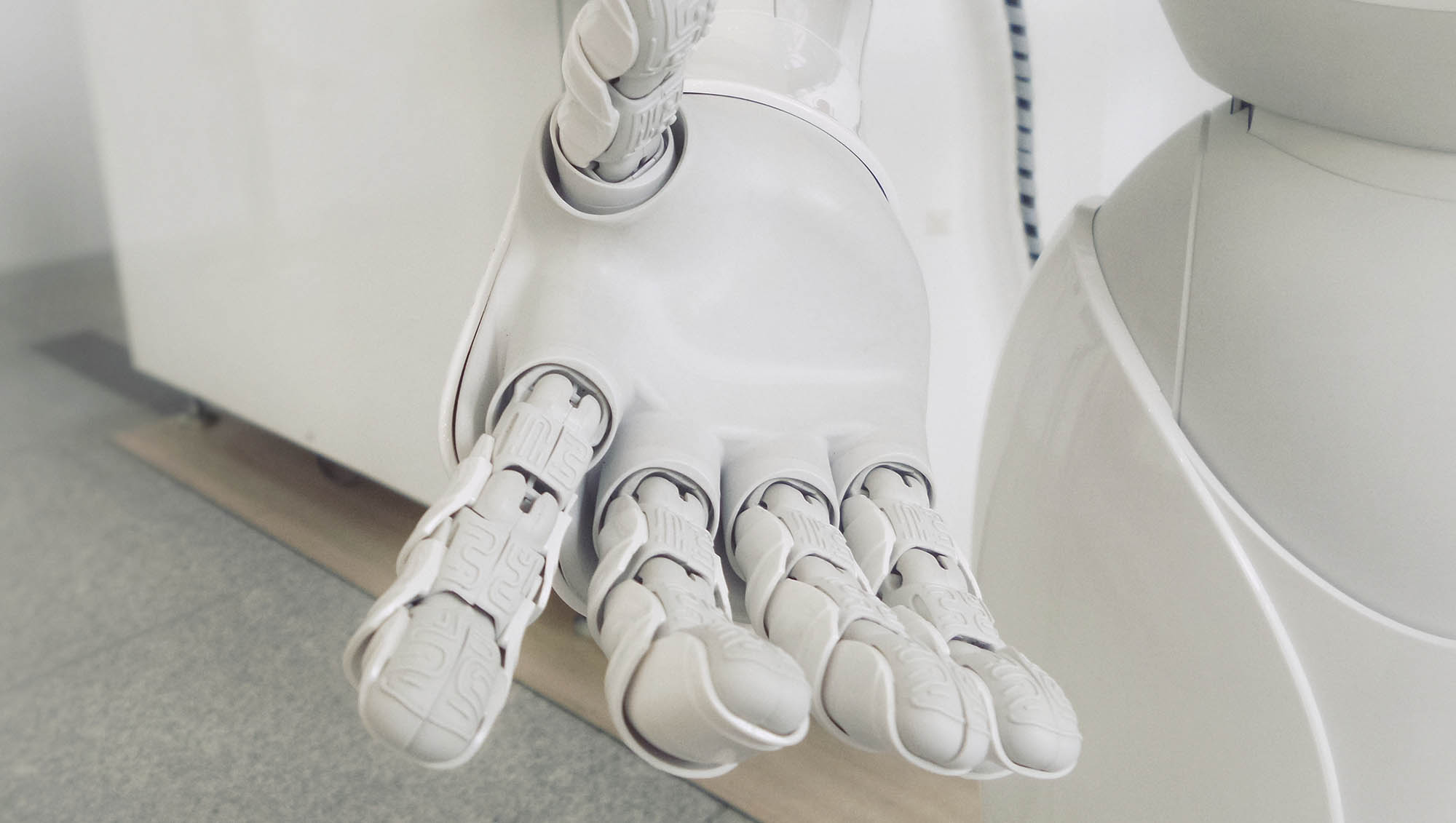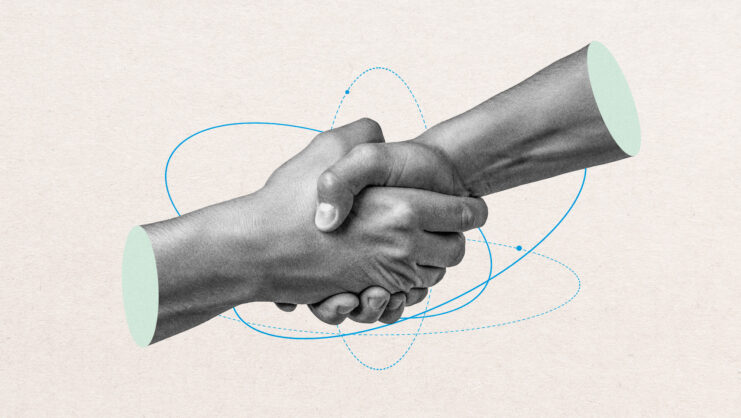Artificial intelligence (AI) is getting smarter all the time. Thanks to the power of algorithms, AI is now capable of carrying out tasks usually performed by people—for example, writing articles for financial reports. Many jobs have been altered by these advances in digital technology, leading to a backlash in certain quarters. Behold the “Frankenstein effect”: a view of reality that pits humans against machines.
But the reality is, in fact, quite different. The sooner we can overcome this vision, the sooner we can address the true underlying challenges. Companies need to fundamentally change their perspective and culture in order to integrate digital advances and reverse the trend of employees opposing new AI implementations.
Leaders must think consciously about processes and culture, while also undertaking a real debate on the causes and effects of digital technologies.
When information is imperfect
AI actually performs better than people in certain fields—for example, the game of chess. But the key thing about chess is that the information is perfect and the rules of the game do not change. Very few aspects of the business world would meet these criteria. When it comes to solving complex problems, AI cannot manage on its own; it requires the collaboration of humans.
Systems and data do not understand the surrounding world. Sometimes, the lack of judgment required for a nuanced understanding of reality can lead to new problems rather than solutions.
A company is a set of teams made up of humans and machines competing with other teams of humans and machines. Access to the latest software is worthless if your professionals cannot respond as the situation demands. Culture and leadership are essential to ensuring a return on investments of this sort.
Leaders must think consciously about processes and culture, while also undertaking a real debate on the causes and effects of digital technologies.
Likewise, the human factor is essential in decision-making. The algorithms used by one department may reach an optimal decision for that specific department. However, systems in another area of the company might lead in a completely different direction. Judgments about which option is more appropriate for the company as a whole must be made by a human.
To encourage this sort of integration, organizations must create a culture that moves beyond “man versus machine” and adopt a perspective that encompasses both people and machines: human intelligence joining forces with AI. This is the approach favored by forward-looking digital organizations.
Just as humans coevolved with other species to achieve a peaceful and mutually beneficial coexistence, we should view the relationship between human teams and AI as a process of coevolution and symbiosis.
The future of organizations depends on whether or not they hire talent capable of formulating the right questions for digital systems.
The right questions
Diversity is absolutely crucial for getting the most out of a human team, not just from a moral and ethical perspective but, more importantly, from a practical business perspective.
Beyond gender, religious, and racial diversity, if you want to develop new models and embrace fresh ideas and opinions, you should integrate cognitive diversity, for example by hiring people with Asperger syndrome.
Skills are another factor closely related to human potential. In every sector, many jobs are currently at risk of either disappearing or undergoing profound changes. This means that there are certain basic skills that are truly important for the future of organizations, including the capacity to adapt to constant, rapid-fire changes in the digital world and to constantly reinvent oneself.
The fundamental problem in many hiring processes is a bad definition of intelligence, measured by the capacity to provide correct answers. However, true intelligence and quality lie in the capacity to pose the right questions.
The future of organizations depends on whether or not they hire talent capable of formulating the right questions for digital systems, thereby enabling them to improve their responses over time and surpass human beings, at least on routine matters.
In the business world, information is imperfect and the rules of play are anything but immutable. People must specialize in the aspects that allow them to contribute the most excellence and cultivate skills that allow them to form part of the digital world, through adaptation and constant learning. Only in this way can they achieve perfect symbiosis with their counterparts: the machines.
© IE Insights.











